Question And Answer
Publications
Articles, publications, books, tools and multimedia features from the U.S. Institute of Peace provide the latest news, analysis, research findings, practitioner guides and reports, all related to the conflict zones and issues that are at the center of the Institute’s work to prevent and reduce violent conflict.
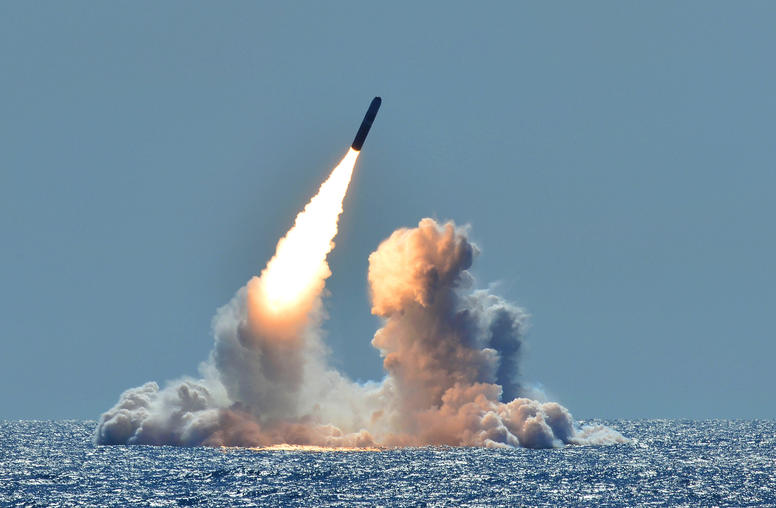
Three Takeaways from the Strategic Posture Commission’s Report
In November, USIP hosted the heads of the Strategic Posture Commission (SPC), Chair Madelyn Creedon and Vice Chair Jon Kyl, to talk about their recent report on the future of the United States’ strategic posture.
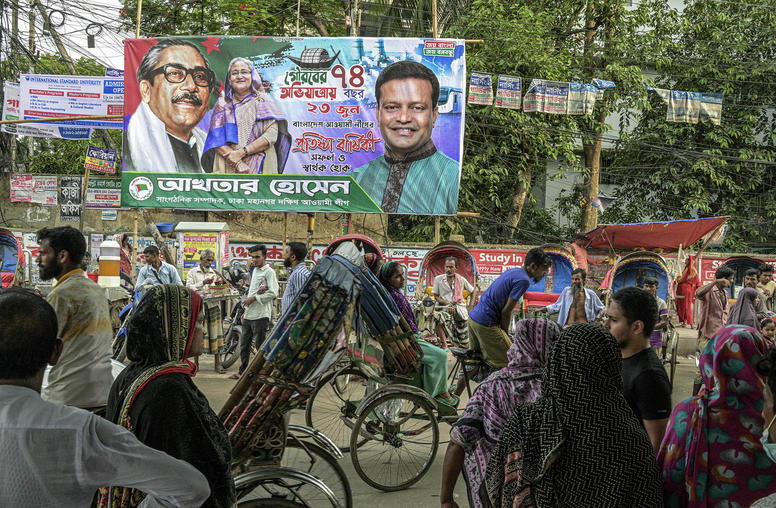
What Does Bangladesh’s Upcoming Election Mean for its Foreign Policy?
Bangladesh is getting more international attention for two very different reasons. Domestically, Bangladesh’s tumultuous political situation ahead of the January 7 parliamentary elections has elicited global scrutiny. The United States, through its rhetoric and actions, has led international actors pushing Bangladesh to improve its democratic processes and calling for dialogue to resolve the current political impasse, which has often received harsh retorts from the Awami League (AL) government. Countering Western pressure, Russia and China have condemned U.S. “meddling” while India has called the upcoming polls an “internal matter.”
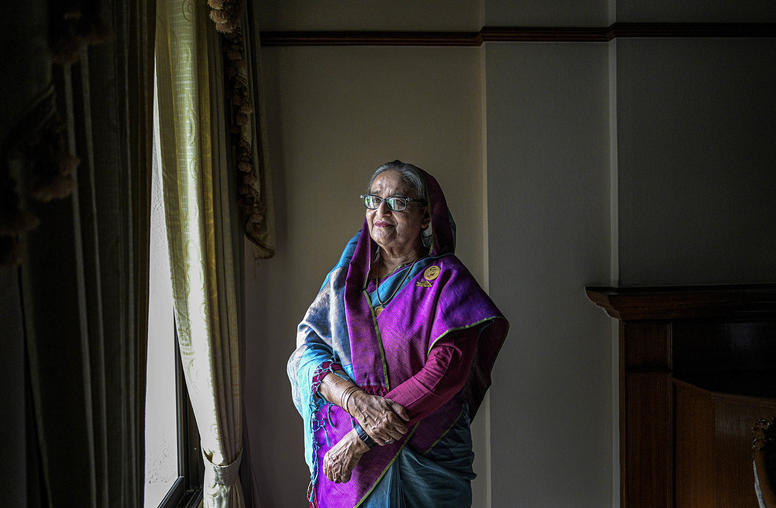
Opposition Boycott Clears Path to a Fourth Term for Hasina in Bangladesh
Bangladeshi Prime Minister Sheikh Hasina is set to win a fourth consecutive term in general elections on January 7. A boycott by the Bangladesh Nationalist Party (BNP), the South Asian nation’s main opposition party, will ensure the success of Hasina’s Awami League (AL) despite the grim economic state of the country.
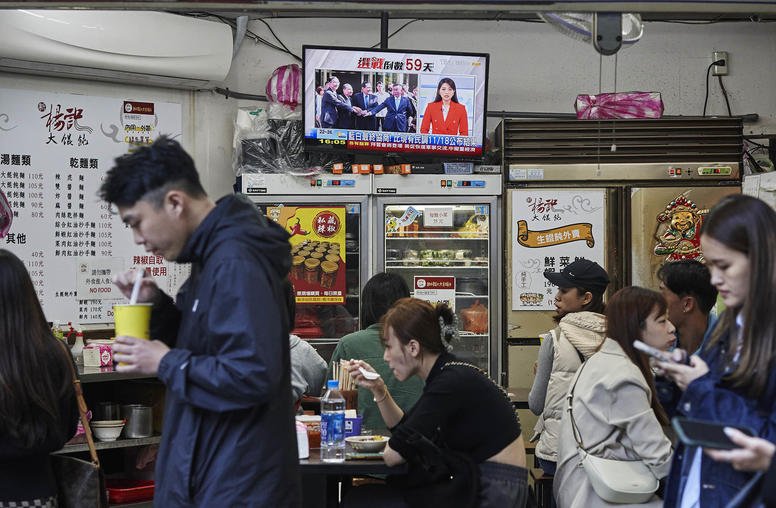
Taiwan’s Election Poses a Test for Island’s Ties with China
On January 13, Taiwanese will elect a new president in a race that is likely to have significant implications for the island’s relations with China as well as U.S.-China relations, regardless of who wins.
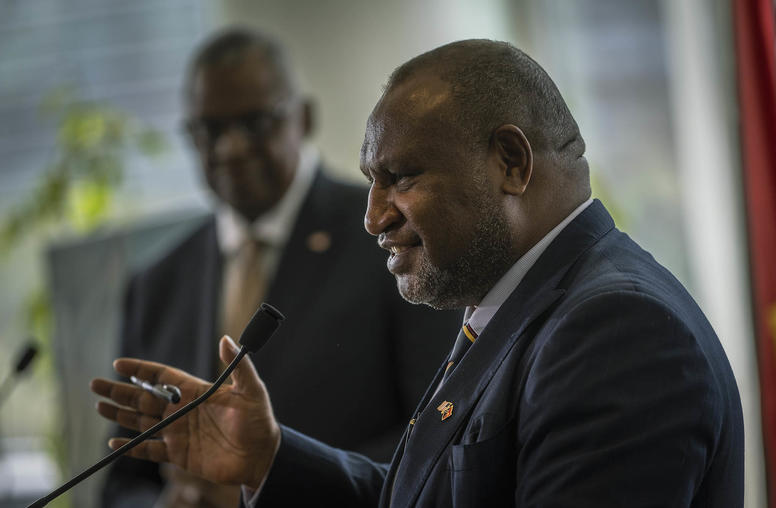
Riots in Papua New Guinea Are a Warning: Urgent Change is Needed
Riots erupted in Papua New Guinea's capital yesterday, laying bare the hollowness of governance that is failing to meet public needs, thus risking deeper violence and instability. U.S attention to the Pacific Islands' largest and most populous nation is increasing, partly because it is an arena for geopolitical competition with China. While Papua New Guinea's leaders are good at rolling out the red carpet for visiting partners, the state fails lamentably in providing basic services for its people. This week’s violence is a wake-up call for U.S and international policymakers to re-focus on this root of the country’s instability.
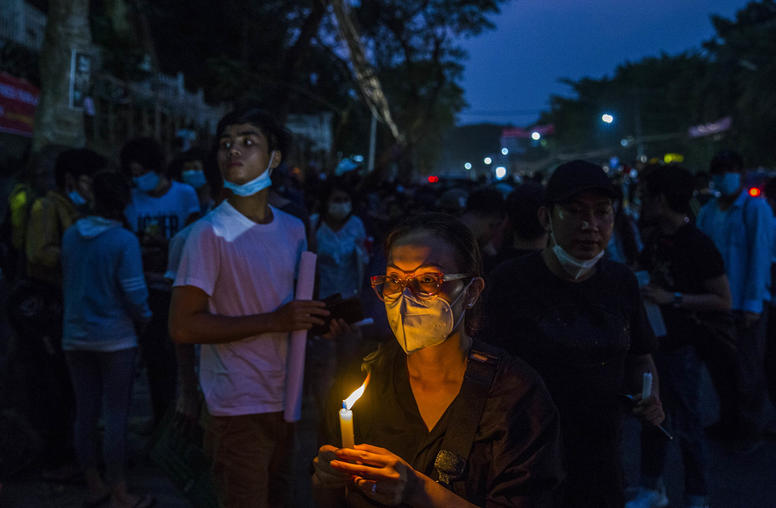
The Myanmar Army’s War Against Mental Health and Psychosocial Support
After nearly 75 years of sustained conflict, Myanmar’s population has suffered devastating and compounding intergenerational trauma. But rather than address that collective trauma, successive military governments have terrorized the country while also disinvesting from systems of mental health and psychosocial support (MHPSS).
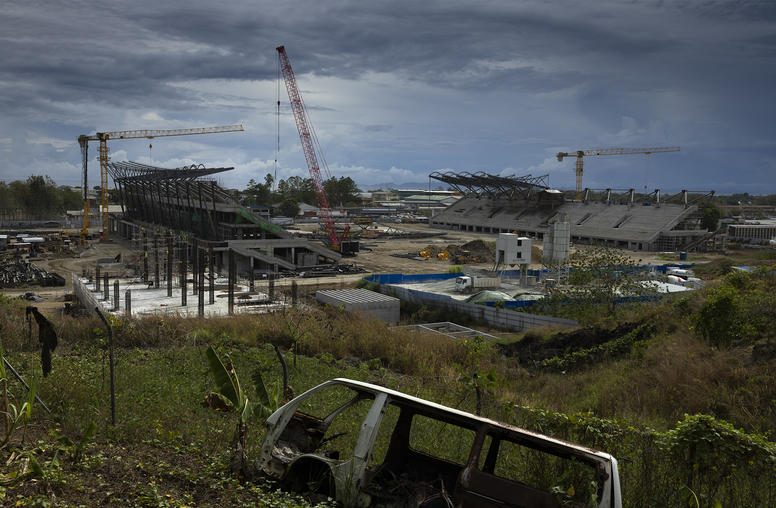
Financially Weak Pacific Island States Are Vulnerable to China
The Pacific island nation of Nauru this week switched diplomatic recognition from Taiwan to China, a move that could seem of little consequence in a largely symbolic competition between Taipei and Beijing. But the move has a deeper significance for the United States.
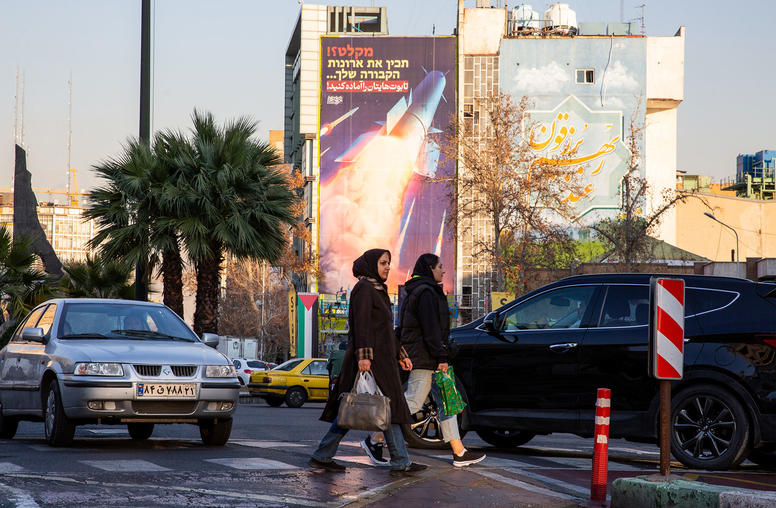
Making Sense of Iran-Pakistan Cross-Border Strikes
In a surprising turn on January 16, Iran launched missile strikes into Pakistan’s Baluchistan province, claiming it had hit two strongholds of anti-Iran insurgent group Jaish al-Adl (Army of Justice). Iran announced the attack in Pakistan concurrent to its strikes in Iraq and Syria. Less than two days later, Pakistan hit back with not only missiles but also fighter jets in Iran’s Sistan-Baluchistan province — claiming to target hideouts of anti-Pakistan ethno-nationalist insurgents operating from Iranian soil.

Taiwan’s Democracy Prevailed Despite China’s Election Interference
The election of Lai Ching-te, or William Lai, as Taiwan’s next president despite firm opposition from China is a positive sign that democracy is alive and well on the island nation. Nevertheless, the fact that Lai, whom China has deemed a “troublemaker” and “separatist,” won by a narrow margin, and his Democratic Progressive Party (DPP) lost its majority in the Legislative Yuan, will be seen in Beijing as an acceptable outcome, as it restricts Lai’s ability to advance his agenda and reveals the limits of the DPP’s appeal.

Is China Eyeing a Second Military Base in Africa?
For over three decades, every Chinese foreign minister’s first overseas trip of the year has been to Africa. This year continued the tradition with China’s foreign minister, Wang Yi, visiting Egypt, Tunisia, Togo and Côte d'Ivoire. Notably, every one of these countries is coastal. And yet, at a time of continued speculation over China’s next military installation in Africa, none of these countries has featured prominently as potential locations in previous analyses. We might, therefore, reasonably ask what China’s current considerations are around basing in Africa. Faced with an increasingly multipolar and assertive Africa at a time of domestic economic challenge, however, China’s long-term strategy remains unclear.